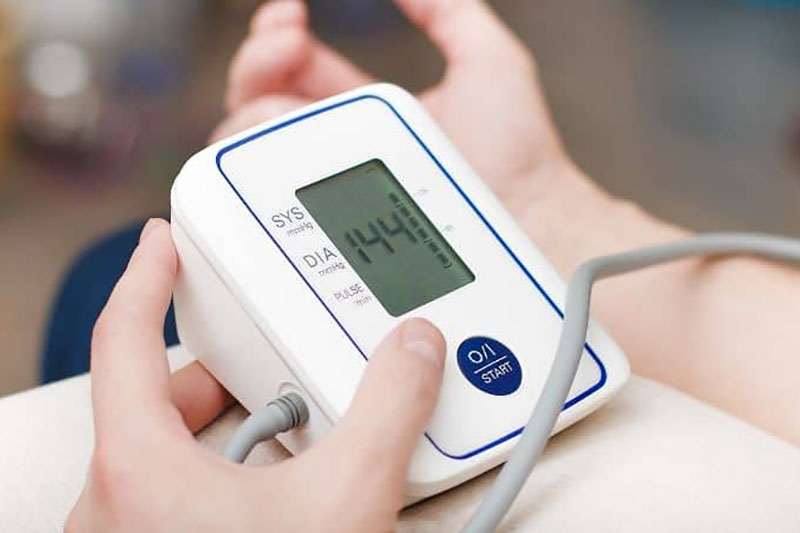Alcohol has a meaningful outcome on high blood pressure, so it is important people pay more attention on the relation of alcohol and blood pressure and its outcome on the health.
People who drink large amounts of alcohol often show signs of having higher blood pressure than people that drink less. This becomes important, especially in incidents where people are regular drinkers. If the alcohol consumption is kept fairly limited, that is, occasional drinking then the blood pressure level is not so incline to lean towards dangerously high readings.
For instance, a person may have an alcoholic drink, such as 12 ounces of beer or 5 ounces of wine, each are considered a single drink per day. Some males may take 1 or 2 drinks and be within safe levels. Now a female may take only 1 drink in comparison as females do not have the same level of tolerance towards alcohol as males. When the consumption of alcohol is increased over this safe level by both males and females, there is an affect on the flexibility of the blood vessels and this can increase their blood pressure measurements towards critical levels.
Due to drinking habits, alcohol and blood pressure changes are reasons for concern by physicians who deal with these types of hypertension patients, another problem they need to take into account are people drinking alcohol in large amounts may develop weight increase problems due to the elevation in calories.
If the blood pressure is elevated because of weight problems, then further medication may have to be prescribed to control the hypertension. This can be difficult to administer because of the alcohol in the person’s body can have an dangerous effect from the medication being prescribed for them.
Thinking about the strong relationship between alcohol and raised blood pressure, it’s obvious that drinking less alcohol is a must. So people with cardiac illnesses such as myocarditis, severe high blood pressure or congestive heart failure should avoid alcohol based beverages at all cost. If they can’t stay away from alcohol completely, they should keep their drinking down to a bare minimum.
From the intake of alcohol calcium and magnesium in the body can become decreased. By supplementing them may lead to their own indirect problems such as increase in blood pressure. So any patient with an alcohol dependence problem should have all their medicines thoroughly and carefully prescribed and monitored by their physician.
People with a drinking problem are prone to increased blood pressure and on top of that one of the problems of trying to correct the blood pressure with medication is the effect alcohol with the prescription has on the patient. It can increase its potency thus causing further medical problems.
A patient who has an alcohol problem and raised blood pressure should be well-advised and given support to reduce their drinking as much as possible. Limits and guidelines should be administered for drinking by the physician and these should be stuck to as much as possible by the patient.


